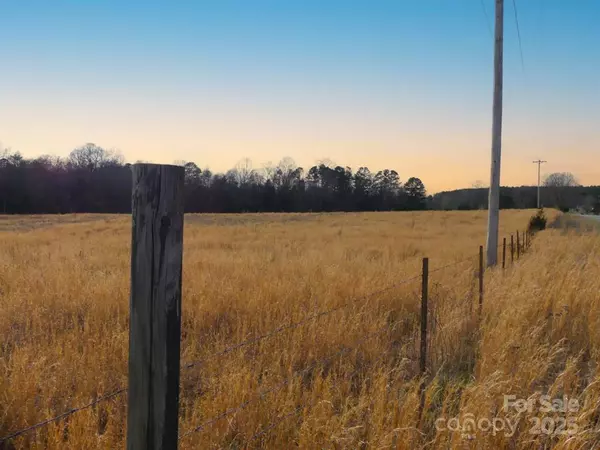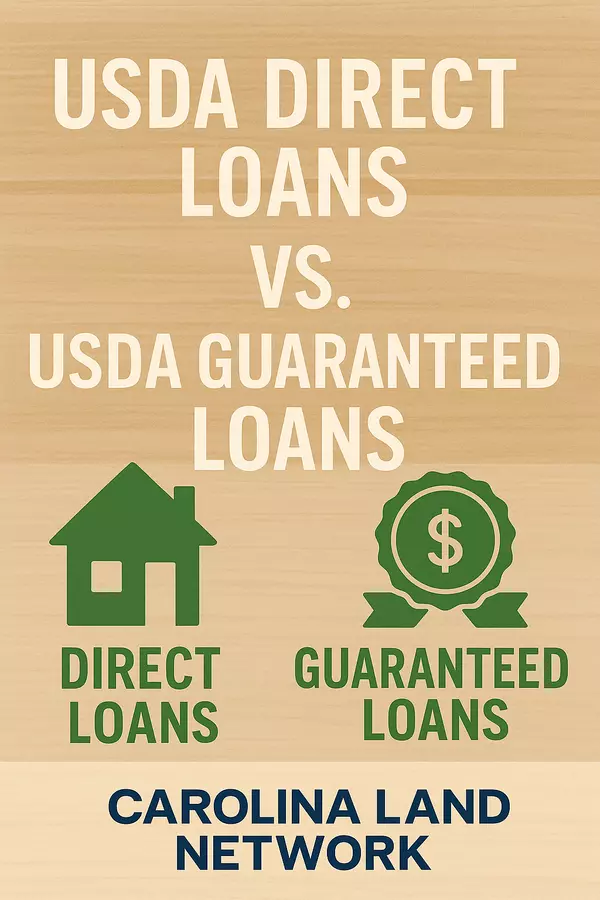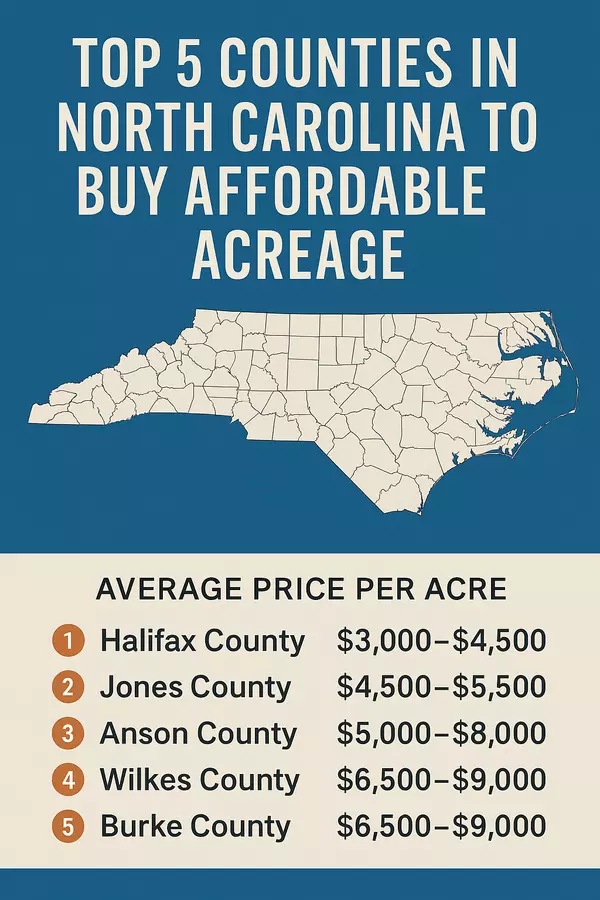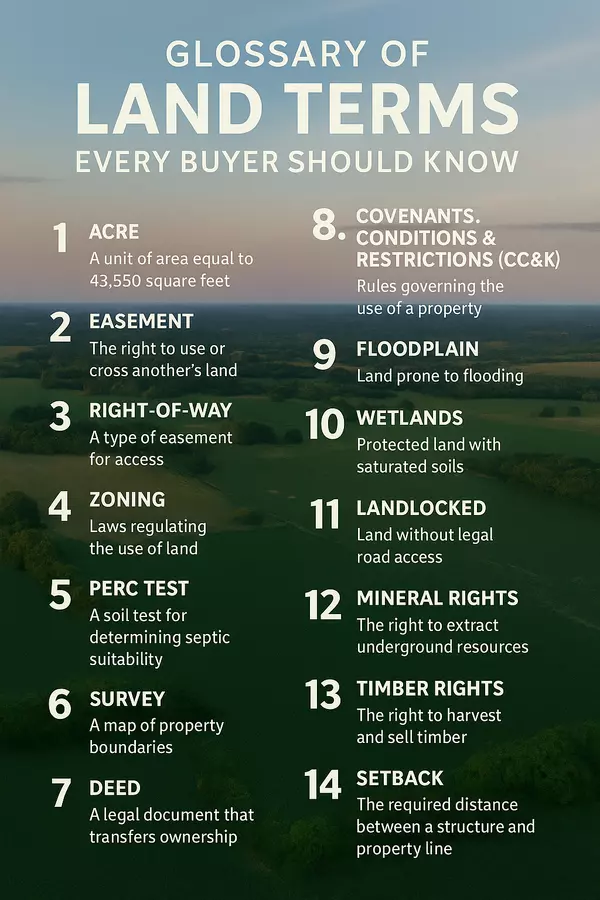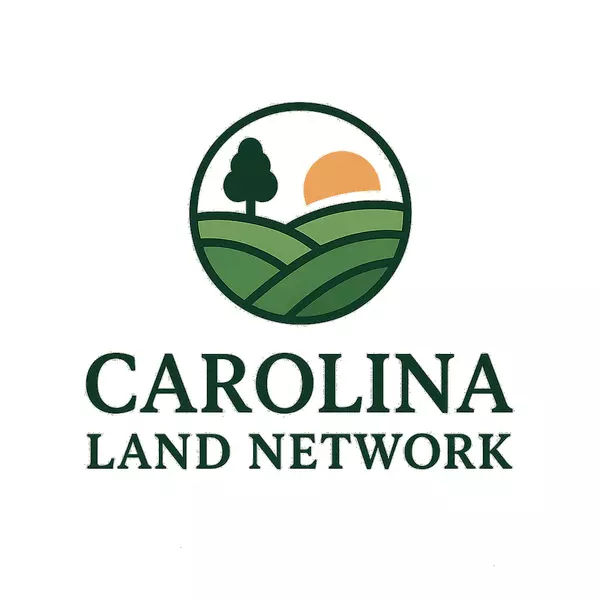10 Things You Need to Know Before Buying Land in North Carolina

Buying land in North Carolina can be one of the smartest investments you’ll ever make—but it’s not as simple as picking a parcel and signing a contract. From zoning laws to soil testing, there are critical factors that can impact the value, usability, and long-term potential of the property. Whether you're planning to build your dream home, start a farm, or invest in recreational land, here's what you need to know before buying land in the Tar Heel State.
1. Understand the Zoning and Land Use Restrictions
Before purchasing, check how the land is zoned. Zoning regulations determine whether the land can be used for residential, agricultural, commercial, or industrial purposes. Even within rural areas, local ordinances can limit what you’re allowed to build or how the land can be developed.
2. Access to Utilities
Does the property have access to water, sewer, electricity, and internet? Some parcels—especially in rural areas—may not be connected to public utilities. If not, you’ll need to consider the cost of drilling a well, installing a septic system, or running power to the site.
3. Check Road Access and Easements
Not all land has legal road access. Ensure the property is reachable by a public road or has a deeded easement. Without proper access, you may run into issues with financing, permitting, or future resale.
4. Get a Survey
A professional land survey confirms the exact boundaries of the property and reveals any encroachments or disputes. Don’t rely solely on the county GIS map—it’s not always accurate.
5. Evaluate the Soil
Planning to build or farm? A soil test (percolation or “perc” test) will determine if the land can support a septic system or certain crops. Poor soil drainage or contamination can make the land unusable for your intended purpose.
6. Flood Zones and Topography
Check FEMA flood maps to see if the property lies within a floodplain. Also, consider the topography of the land—steep slopes, low-lying areas, or rocky terrain can significantly increase construction costs or limit usability.
7. Financing Land is Different
Land loans often require higher down payments and have shorter terms than traditional mortgages. Some lenders won’t finance land without a clear plan for development. Work with local banks or credit unions that understand the North Carolina land market.
8. Covenants, Conditions, and Restrictions (CC&Rs)
Some parcels—especially those in private communities—may come with restrictive covenants or HOA rules. These can limit your ability to build certain structures, raise livestock, or subdivide the property.
9. Timber, Mineral, and Water Rights
Ownership of the surface doesn’t always include what's beneath or above it. Always confirm whether mineral, timber, and water rights convey with the land, especially in areas where resource extraction is common.
10. Work with a Land Specialist
Buying land is very different from buying a home. A real estate agent who specializes in land in North Carolina will know how to navigate soil testing, zoning laws, and land use permits—and can often spot red flags that others miss.
Ready to Find the Right Property?
At Carolina Land Network, we help buyers navigate the land buying process with confidence. Whether you're looking for recreational property, farmland, or a rural homesite, we’re here to help you make a smart investment in North Carolina.
👉 Search Available Land | 💬 Talk to a Land Expert Today
Categories
Recent Posts
